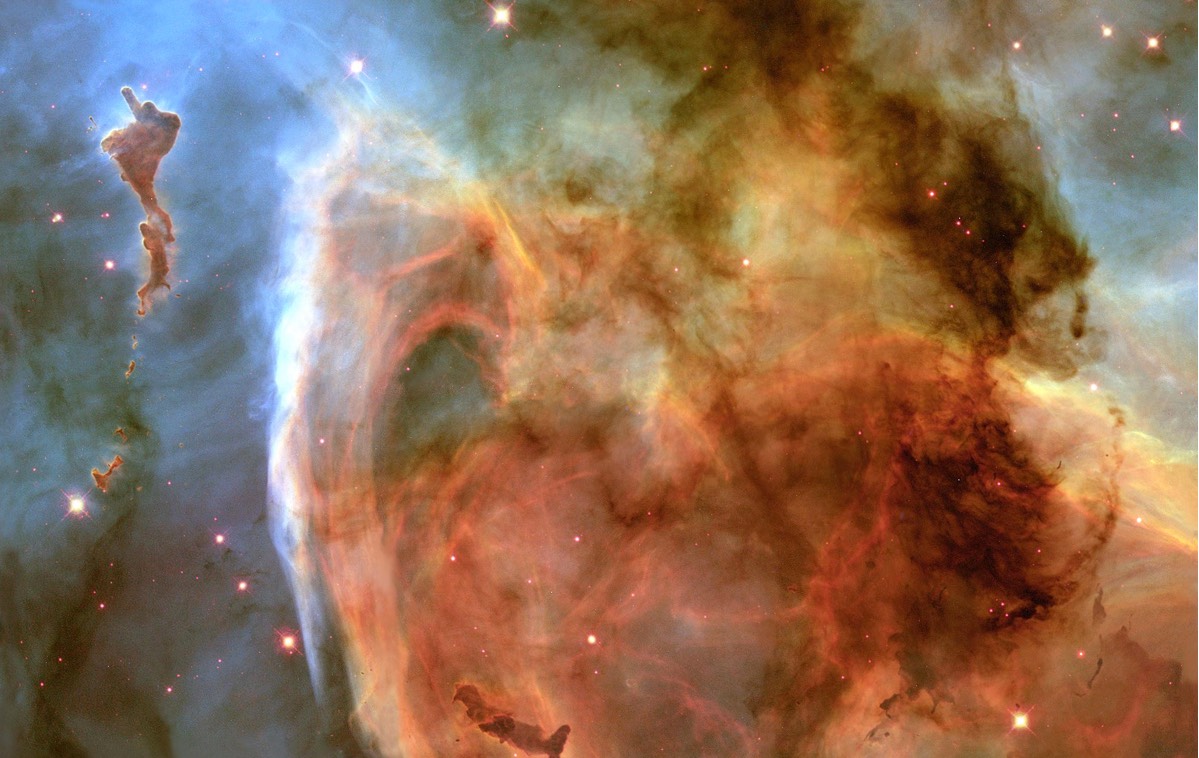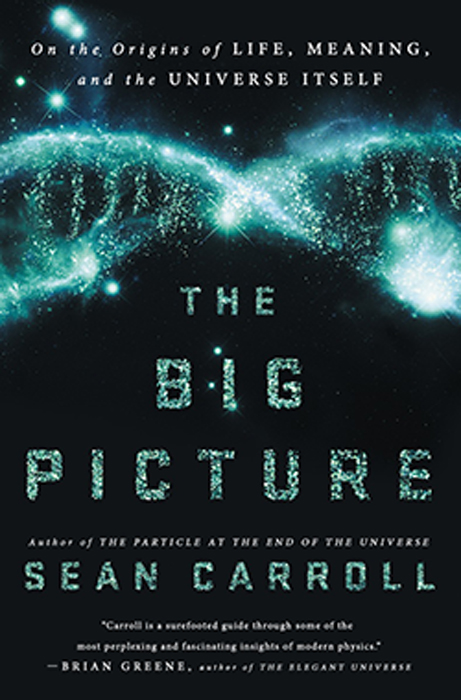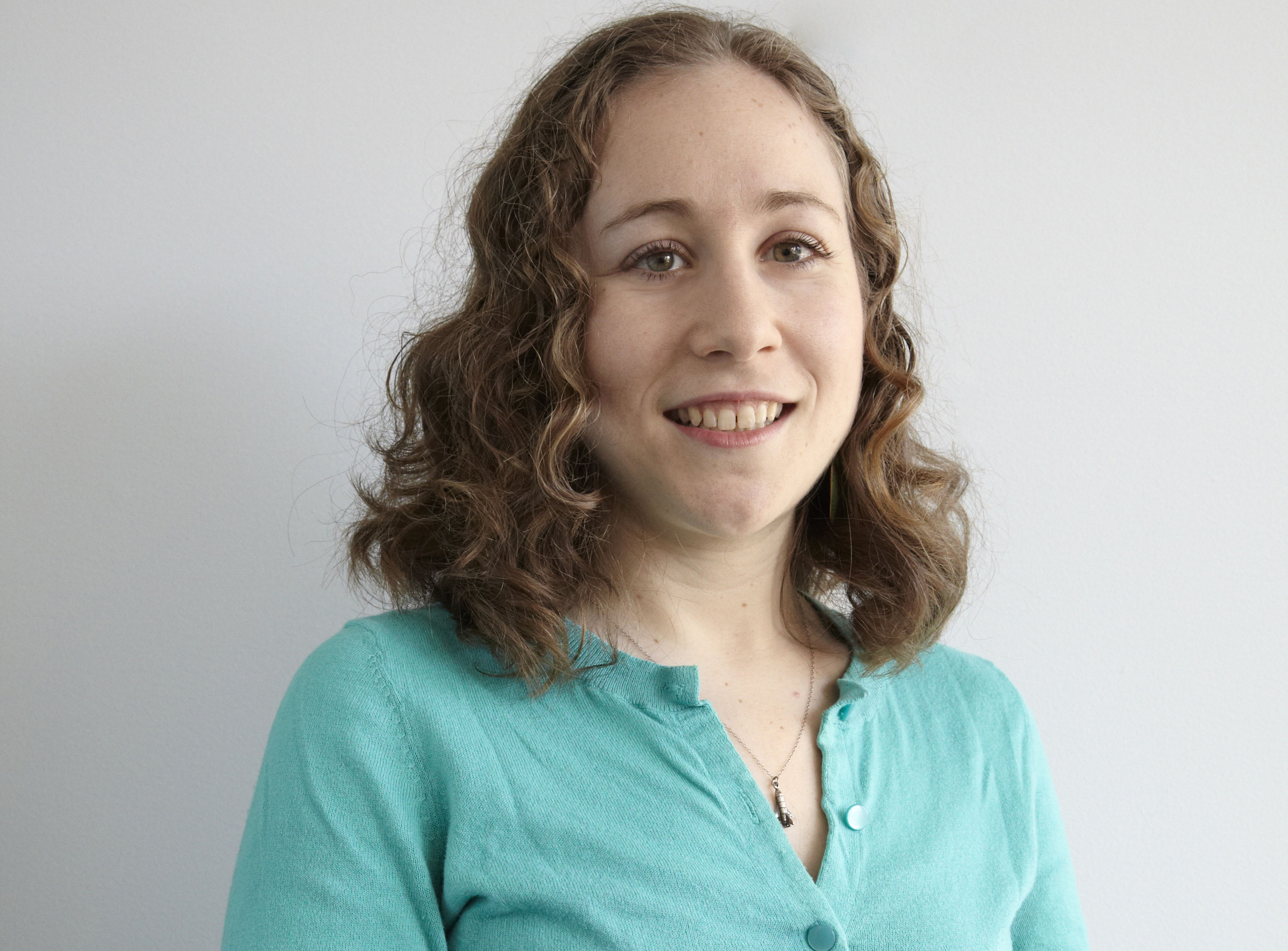Godless Universe: A Physicist Searches for Meaning in Nature

Get the world’s most fascinating discoveries delivered straight to your inbox.
You are now subscribed
Your newsletter sign-up was successful
Want to add more newsletters?

Delivered Daily
Daily Newsletter
Sign up for the latest discoveries, groundbreaking research and fascinating breakthroughs that impact you and the wider world direct to your inbox.

Once a week
Life's Little Mysteries
Feed your curiosity with an exclusive mystery every week, solved with science and delivered direct to your inbox before it's seen anywhere else.

Once a week
How It Works
Sign up to our free science & technology newsletter for your weekly fix of fascinating articles, quick quizzes, amazing images, and more

Delivered daily
Space.com Newsletter
Breaking space news, the latest updates on rocket launches, skywatching events and more!

Once a month
Watch This Space
Sign up to our monthly entertainment newsletter to keep up with all our coverage of the latest sci-fi and space movies, tv shows, games and books.

Once a week
Night Sky This Week
Discover this week's must-see night sky events, moon phases, and stunning astrophotos. Sign up for our skywatching newsletter and explore the universe with us!
Join the club
Get full access to premium articles, exclusive features and a growing list of member rewards.
It is time to face reality, California Institute of Technology theoretical physicist Sean Carroll says: There is just no such thing as God, or ghosts, or human souls that reside outside of the body. Everything in existence belongs to the natural world and is accessible to science, he argues. In his new book "The Big Picture: On the Origin of Life, Meaning, and the Universe Itself," out this week from Dutton, Carroll describes a guiding philosophy along these lines that he calls poetic naturalism. It excludes a supernatural or spiritual realm but still allows plenty of room for life to have a purpose.
"I think we can bring ideas like meaning and morality into our discussions of the natural world," Carroll says. "The ways that we talk about the universe are what make it meaningful." He eloquently argues that point in his far-ranging book, which takes on the origins of consciousness, the likeliness of God based on a rigorous application of Bayesian probability statistics, and many other "big" questions that scientists are often loath to tackle.
Scientific American spoke with Carroll about his philosophy and how we can all take a closer look at just what we truly, deeply believe. [An edited transcript of the conversation follows.]
Naturalism is the viewpoint that everything arises from natural causes and that there is no supernatural realm. You coin the term "poetic naturalism" for your own particular brand of this guiding philosophy. Why the need for a new term? Naturalism has been certainly been around for a very long time, but as more people become naturalists and talk to each other, their disagreements within naturalism are interesting. I thought there was a judicious middle ground, which I call poetic, between 'the world is just a bunch of particles," and "science can be used to discover meaning and morality."
To me the connotations of "poetic" are that there's some human choice that comes into how we talk about the world. In particular, when it comes to questions of morality and meaning, the way we go about deciding what is right and wrong, and meaningful or not, is not the same as the way we discover what is true and false.
Just because we have no evidence of another realm of reality beyond the physical world, how can we conclude it doesn't exist? It's not a matter of certainty, ever. I would make the argument that if there were a supernatural element that played a role in our everyday life in some noticeable way, it's very, very likely we would have noticed it. It just seems weird that this kind of thing would be so crucial and yet so difficult to notice in any controlled scientific way. I would make the case that it is sufficiently unlikely in a fair Bayesian accounting that we don't need to spend any time thinking about it anymore. Five hundred years ago it would have been a possibility. I think these days we're ready to move on.
All I can say at the end of the day is we should all be trying as hard as we can to guard against our individual cognitive biases, the things we want to be true. The existence of life after death, for example, I would love that to be true. My cognitive bias is in favor of that. And yet I don't think it is true. The best we can do is try to be honest.
Get the world’s most fascinating discoveries delivered straight to your inbox.
So do you think it's impossible for a religious person to believe in poetic naturalism? Of course that depends on what you mean by religious. There's actually a movement called religious naturalism. Religion involves a whole bunch of things—practices, casts of mind, morals, etc., so you can certainly imagine calling yourself religious, reading the Bible, going to church and just not believing in God. I suspect the number of people who do that is much larger than the number of people who admit to it.
The mistake comes when we try to pretend that it doesn't matter what our view of the ontology of the world is. I think it does matter. But having made those decisions [about your worldview], there are many ways you can live a life that’s meaningful and socially relevant and familial. I think we have a misunderstanding of meaning because we relate it to something outside the natural world, when it doesn't have to be that.
This argument for naturalism feels particularly timely, when politicians and many in society are increasingly hostile to science and evidence-based thinking. How receptive to the approach of naturalism do you think most people are? I think that scientists have a sort of professional level of understanding of the universe, and scientists are overwhelmingly naturalists. Whereas people on the street, or in Washington, D.C., still don't admit to this. There aren't a lot of naturalists in Congress. The way we talk about these things in the public sphere has not caught up with the way we understand the universe as it really is.
As a physicist, what inspired you to write a book essentially on philosophy? It evolved over a very long time. I’ve always been interested in not only physics directly, but also the wider consequences. I was a philosophy minor as an undergraduate. I always have thought that doing physics was part of a larger intellectual project of trying to understand the whole world in different ways.
What do you hope readers take away from this book? I think there's a bunch of people who still, because they just haven't thought about it that much, have the informal idea that science can explain what happens when two atoms bump into each other, but it can't explain how the universe started or how life began. I hope people get the idea that we're well on our way to answering those questions. There's no obstacle in our way that says we're just not going to be able to.
This article was first published at ScientificAmerican.com. © ScientificAmerican.com. All rights reserved.
Follow Scientific American on Twitter @SciAm and @SciamBlogs. Visit ScientificAmerican.com for the latest in science, health and technology news.
 Live Science Plus
Live Science Plus













